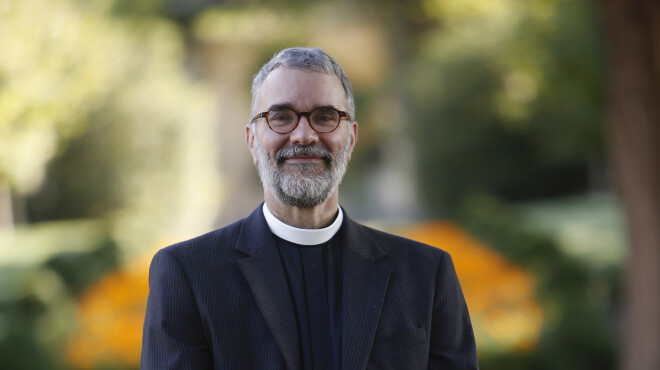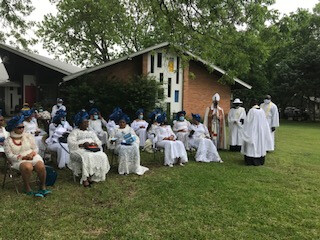Communion Matters XVI: Elements of (Anglican) Communion 4: Incompleteness

The opposite of communion is, I suppose, the sense that we have of our need of it, or its lack. We know the Church is really one and catholic (which means ‘whole’) though we experience these ‘aspirationally’ and ‘Christologically’ (as found in Him and not yet us). So we might say that a dimension of communion is precisely our own present incompleteness.

This is particularly true of us insofar as we have never claimed that we are in fact, in ourselves, the whole of the Church or even the true Church. Rather Anglicanism has claimed it is truly a Church. And furthermore it has, from the time of the Reformation on, had a sense that of longing for a restored unity. Don’t get me wrong: there is in our history plenty of polemics, and even some regrettable persecution. But, like a person with the sensation of a phantom limb, we can feel that loss of communion with the larger catholic fellowship, and more specifically Rome. From the sixteenth century on we have had a fascination with the Christian East, our ancient cousins from the earliest Christian centuries. And there have been, in recent centuries, a series of efforts to restore visible communion with other Reformation Church. We can point to successful efforts in India, for example (though there was a failed on in east Africa) in the twentieth century. We are now in full communion with the Lutheran Church (though our conversation with Rome has stalled). Some scholars wonder if we are not in a season in which ecumenical efforts need to be more ‘bottom up.’ Others debate whether common ministry is a better launch pad than reconciled doctrine. C.S.Lewis thought that the place to start is with what he called ‘mere Christianity,’ the basic doctrines the most share.
But the important thing is that we Anglicans have considered their own incompleteness as part of our vocation. The most articulate spokesman for this was the late Archbishop of Canterbury Michael Ramsey, in whose famous The Gospel in the Christian Church , a reconciliation of evangelical and catholic elements in our tradition, went so far as to say that Anglicans could imagine that their own hoped for future as the surrender of its own separateness into a reconciled Church. While there is no prospect of this on the horizon, at the very least the vision of incompleteness should challenge the notion that we are a self-sufficient enterprise somehow in competition with other denominations. And it may be that, in the challenges that lie ahead for the Churches in our time, by the ‘left hand of God’ the imperative of the ecumenical, of communion across denominations, driven by the vocation of incompleteness, will come to greater prominence once more.



